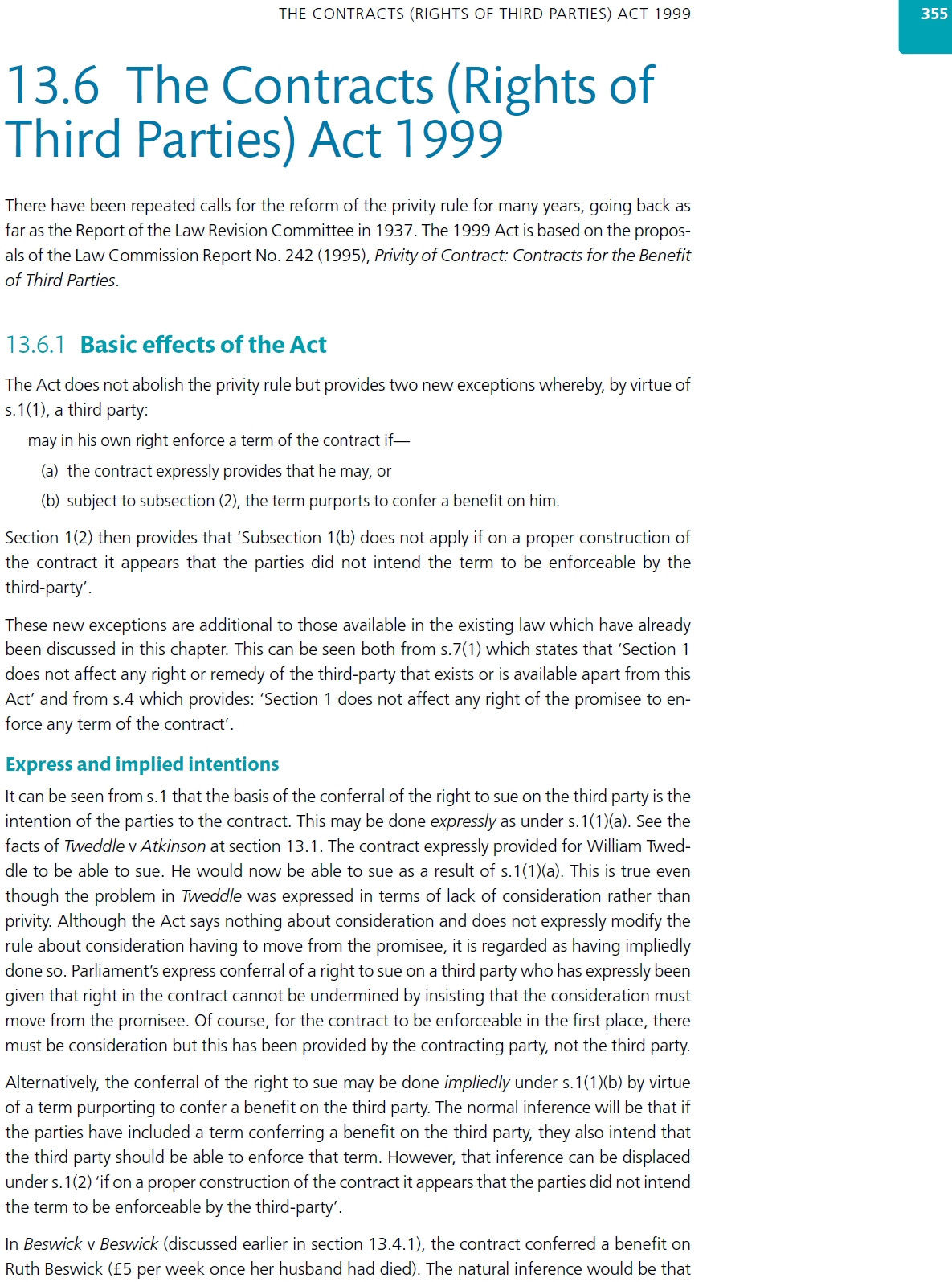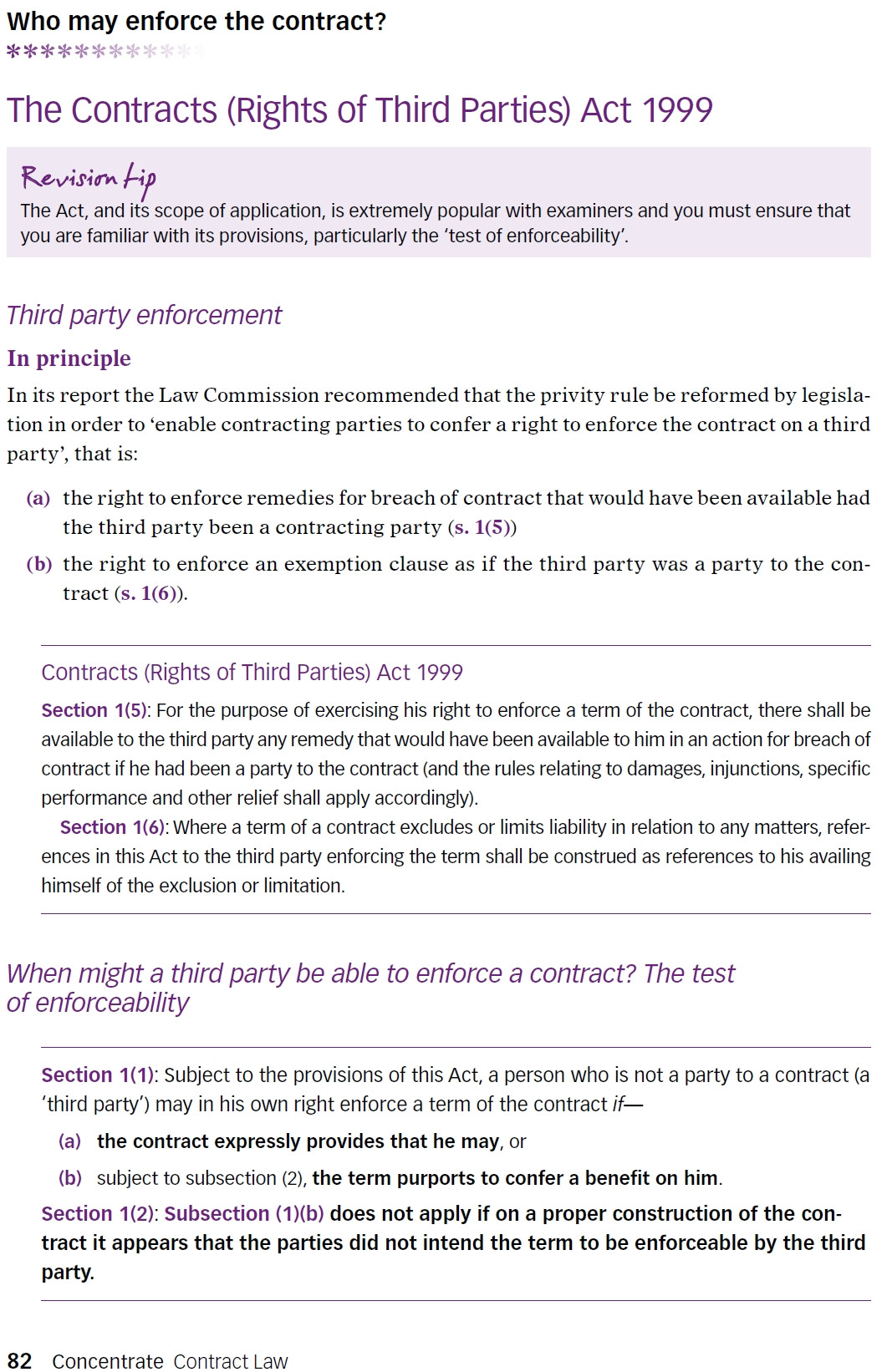I am wondering about the legal terminologies that define a relationship that I have with a service company. Some maintenance work was needed for several appliances at my home, so I contacted my warranty company. My home warranty company dispatched a technician from a service company to take care of it. I paid my warranty company a service fee, which I think of as a deductible in an insurance policy.
Since I didn't pay the service company directly, legally am I still a client of the service company? I was told by them that I do not have a client relationship with them as the warranty company was the client in this transaction. Is that correct? I am curious what legal terms/concepts are applicable in this situation and if I have a legal relationship with a service company which provides service on properties I own but is not paid by me.

